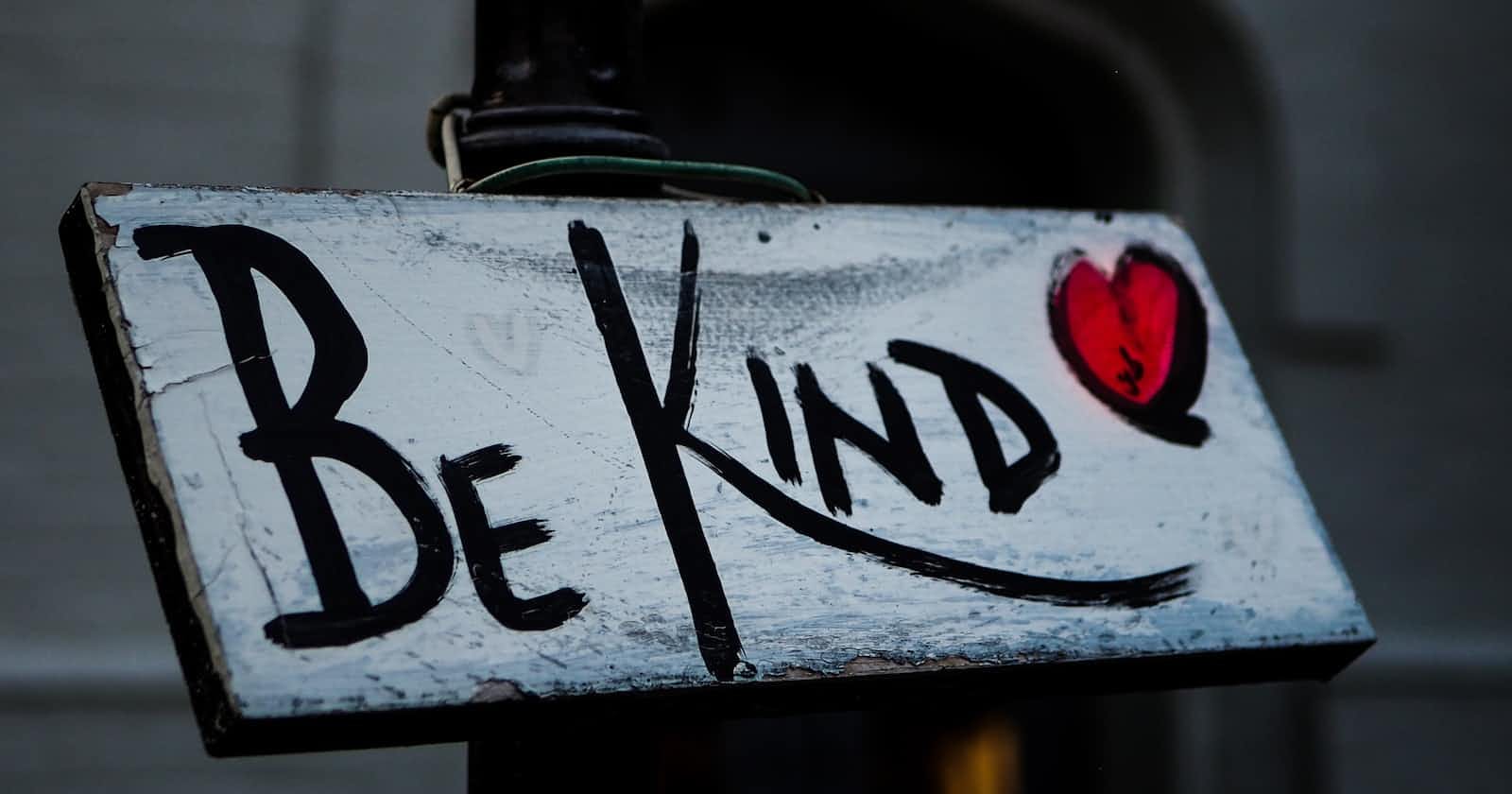As people, we frequently run into unforeseen circumstances that test our resolve and push us outside our comfort zones. One of these circumstances that I encountered in 2002 taught me a priceless lesson about kindness and humility.
I had come from Takoradi to Akim Oda, a city in Ghana's Eastern Region, to see my uncle. I was eager to visit my uncle and discover the town because this was my first visit to the area. I had no idea that the trip would become a turning point in my life.
Takoradi to Akim Oda was not a straight shot; I had to transit through Akim Swedru and take a car from there to go to Akim Oda. The journey, however, took a surprising turn when I discovered that my money had been taken while I slept on the bus to Akim-Swedru. I had no cash left, and I was unable to persuade the bus station staff to allow me to board the Akim-oda vehicle on the condition that my uncle would cover the cost of my fare. I repeatedly tried using the Space-to-Space service to phone my uncle, but he never picked up because I knew he was probably still asleep. Blessed be his memory, my uncle Robert Freeman managed the Birim Wood Complex's night shift and typically slept in the morning.
I chose to walk the considerable distance to Akim Oda because I felt frustrated and helpless, which was a mistake in retrospect. I had to stop walking since I was too worn out after over two hours of walking in the sweltering weather with my backpack. I stopped and attempted to signal for a free ride in private car, but no one responded.
I was in one of the many little villages along the Akim Oda route when I saw a farmer and his wife approaching me while toting logs on their heads. They wore some worn-out, ripped clothing. I hoped they wouldn't ask me why I looked so fatigued because I didn't have the energy to explain myself to people who obviously couldn't help me. I scowled as they drew near to dissuade them from engaging me.
The farmer, however, paused and inquired as to whether I was okay. The way I responded to him was incorrect; I said, "No, but he shouldn't worry, I'll be fine." The farmer's wife asked him to leave me alone because she disliked how I responded. The farmer insisted I explain what was wrong, saying it wasn't safe for me to be standing there by myself.
I eventually explained to him, and to my surprise, he reached into his soiled pants pocket and took out a 10,000 cedis note—the fare from Akim Swedru to Akim Oda. He gave me an extra 2,000 cedis to keep. I apologized to him and his wife for my behaviour, since I felt guilty and embarrassed about it. The farmer accepted my apology and counselled me not to hold others in low regard, while his wife ignored me.
I eventually managed to get a car to Akim Oda, and once I was inside my room, I locked the door and kneeled in prayer. I committed to never judging people harshly. Since then, I have lived by this principle, and whenever I catch myself judging someone for any reason, I remind myself of this commitment.
This event taught me that compassion may come from unexpected places and that humility and empathy are powerful qualities that should never be undervalued. I learned from the farmer's deed of generosity that we should always be prepared to assist others, even if they don't appear to require it. It also taught me that we ought to be kind to everyone we meet, regardless of how they act or seem.
In conclusion, this single event changed my life for the better. I learned the importance of humility, empathy, and kindness towards others, regardless of their appearance or behaviour.

